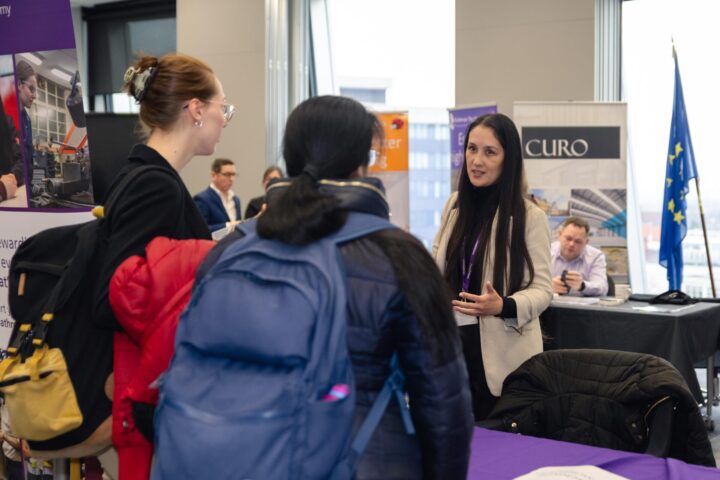Hundreds of Wirral residents got back into work in the past year thanks to the ReachOut project, commissioned by Wirral Council’s Economic Growth Service.
The service, run by Involve Northwest and funded by Liverpool City Region Combined Authority, the UK Shared Prosperity Fund (UKSPF) and Wirral Council Public Health, supported 506 people into jobs over the last 12 months.
It held 994 work clubs and community sessions offering free advice, job search help and support with applications.
ReachOut gives each person a job coach for one-to-one support, including help with CVs, interview practice and overcoming barriers like poor health or lack of skills.
Support continues for six months after someone starts work.
Paul Stuart, leader of Wirral Council, said: “Regeneration is about creating real opportunities for the people of our borough.
“The success of this service and the powerful stories of those it has supported show just how vital this project is.
“Helping more people into employment improves their well-being, gives greater financial stability for themselves and their families, and strengthens our communities and local economy.”
Mike Wharton, cabinet member for business, investment and trade at Liverpool City Region Combined Authority, said: “One of our key priorities as a Combined Authority is making sure people have the opportunity of decent, well-paid employment.
“As well as providing the conditions for local businesses to thrive that also means putting the support in place for local people to achieve their full potential.
“That’s why schemes like the ReachOut programme are so important, benefitting the individuals involved, their families and their communities.”
Lia Robinson, interim CEO at Involve Northwest, said: “The ReachOut programme is an incredibly impactful service, which makes real change in the community – helping people build a better life for themselves and their families and finding opportunities that might not have been accessible to them otherwise.
“Since the pandemic, we’ve seen a real increase in people struggling with mental health issues and debt, which are absolutely interlinked and exacerbated by the cost-of-living crisis we’re in – this can mean people end up out of the workforce, and don’t see how they can afford to get back into work.
“Giving people the support they need – both practically and emotionally – to find employment again is the reason the programme has been such a success, because we focus on the individual and build a plan around them to set them up for the success they deserve.”
















